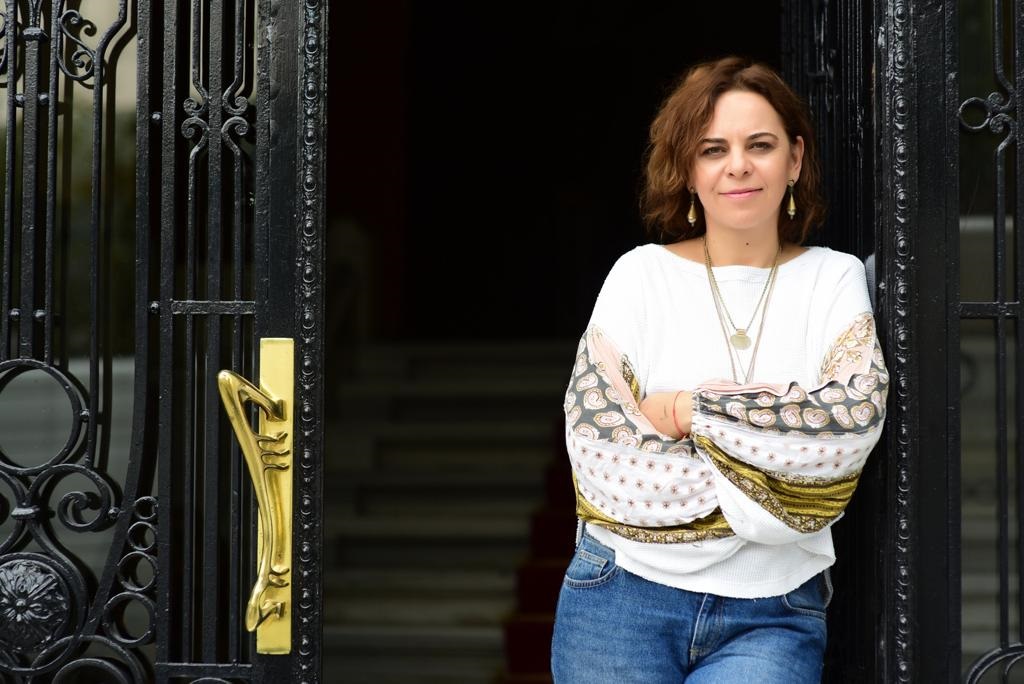« From the director who sparked 2018’s ‘Bride of Istanbul’ craze in Israel (and elsewhere), « The Club, » now out on Netflix, has all the elements of another smash hit » reports Gili Izikovich in Haaretz.
Turkish director Zeynep Günay Tan was responsible for the “Bride of Istanbul” craze that swept Israel in 2018.
The unprecedented passion surrounding the series led to the establishment of a dedicated Israeli television channel, a parody on the Israeli sketch comedy show “Eretz Nehederet,” a live show at the Yad Eliyahu Arena, and a Hebrew translation on the novel that inspired the series.
Nearly three years after the peak of that phenomenon, Günay Tan returns with a new production on Netflix.
“The Club” is more than an ambitious historical drama, its storyline has close ties to Judaism and Israel. Set in 1940s Istanbul, the plot revolves around a Jewish woman, Matilda Aseo, who commits murder and sentenced to life in prison. Her daughter, Rasel, is born in prison. Matilda makes no effort to meet her, and Rasel is raised in an orphanage. When she is eventually released from prison as part of a general clemency, 17 years after her incarceration, Matilda is faced with a decision. Moments before beginning a new life in Israel, she must choose whether she will rescue her daughter from a fate similar to her own, or abandon her again?
In hopes of saving her daughter, Matilda is compelled to mortgage away her present and her future. She works in an exclusive night club, whose owner, Çelebi, has a profound, but unclear, connection to her past. He also has a link to Rasel, who was once arrested after breaking into the club. Çelebi is a dubious character with a cruel streak. His club seems to reflect the city around it – secular, wealthy and seemingly permissive, but still subject to restrictive norms and patriarchal tyranny.
With all of these factors working in its favor, “The Club” may soon enjoy the same success among Israeli audiences as “The Bride of Istanbul.”
Haaretz, November 10, 2021, Gili Izikovich, image: Cinedergi

